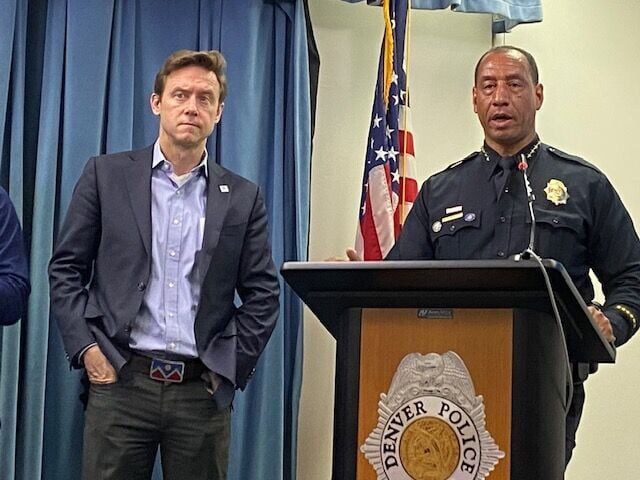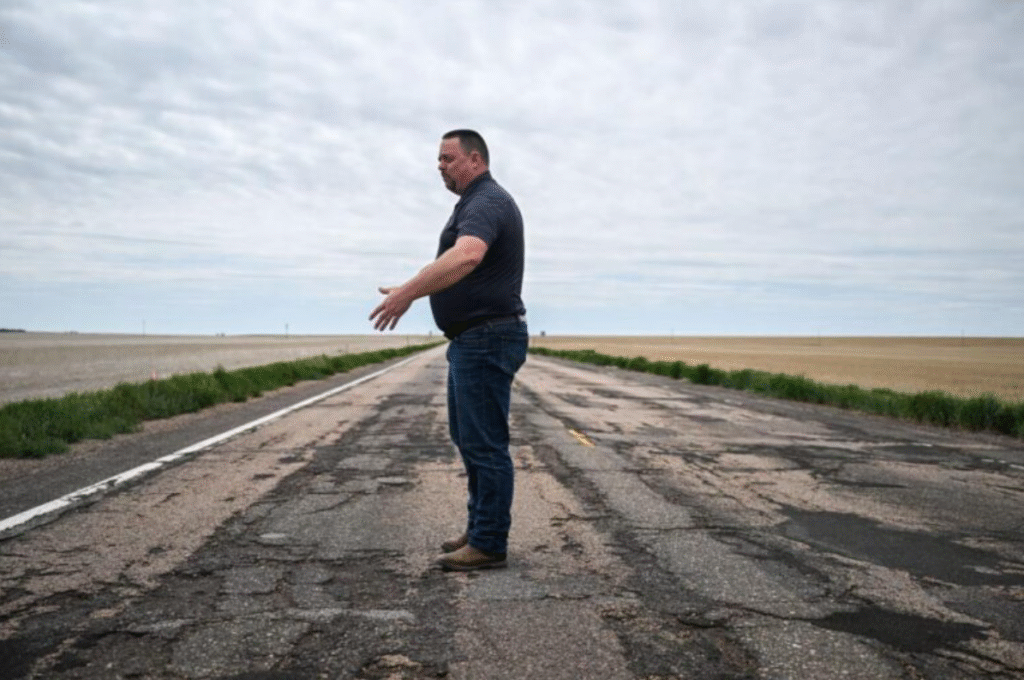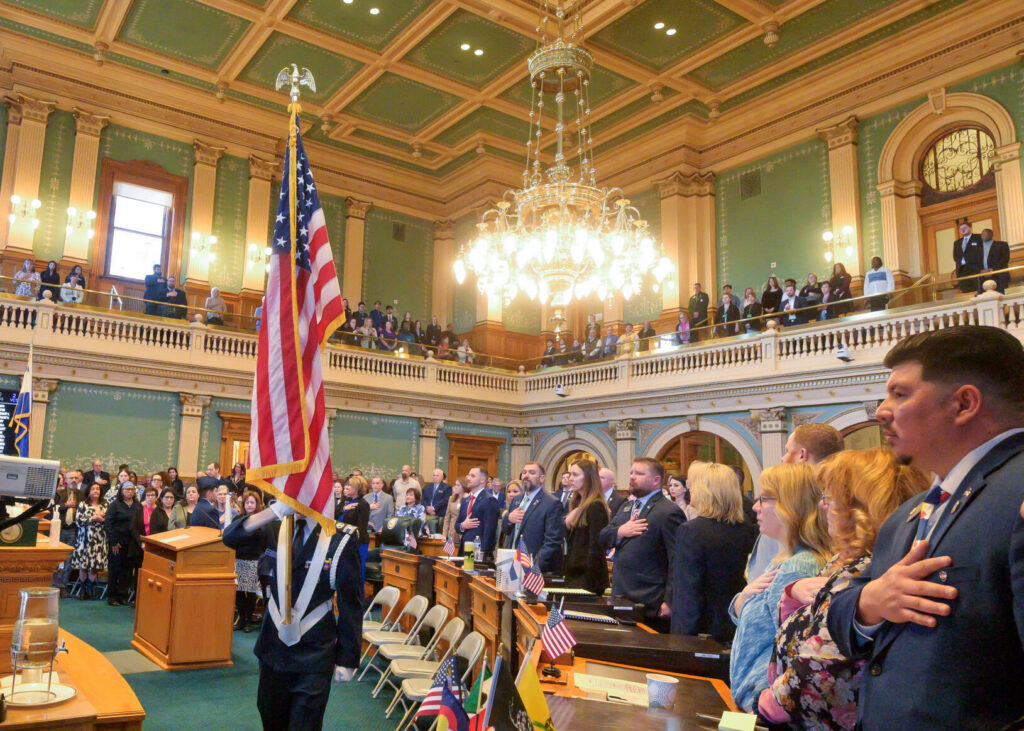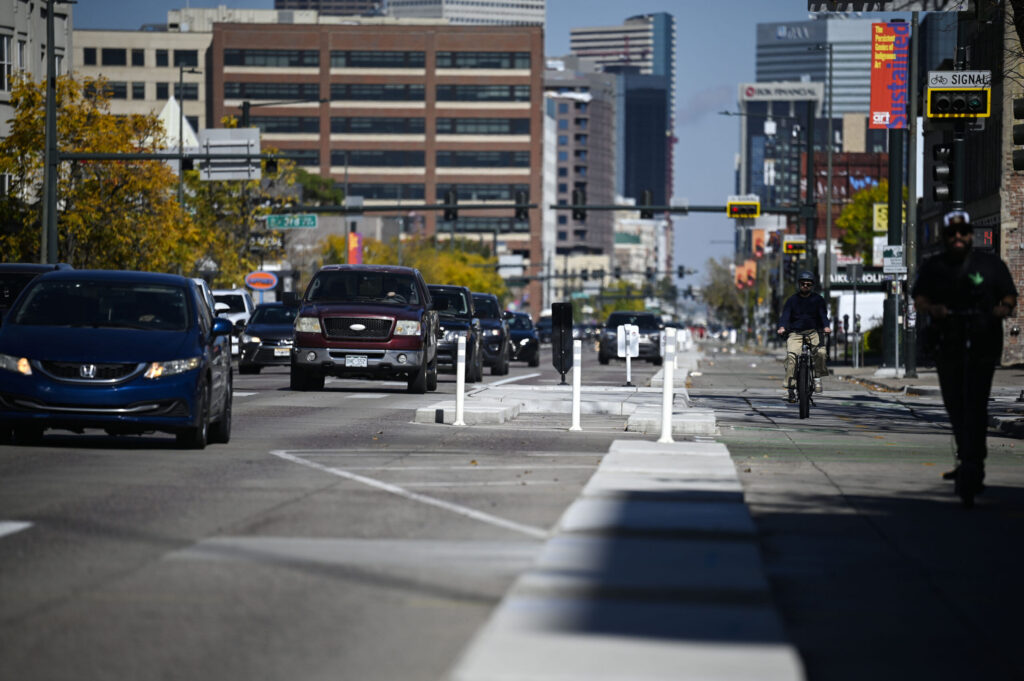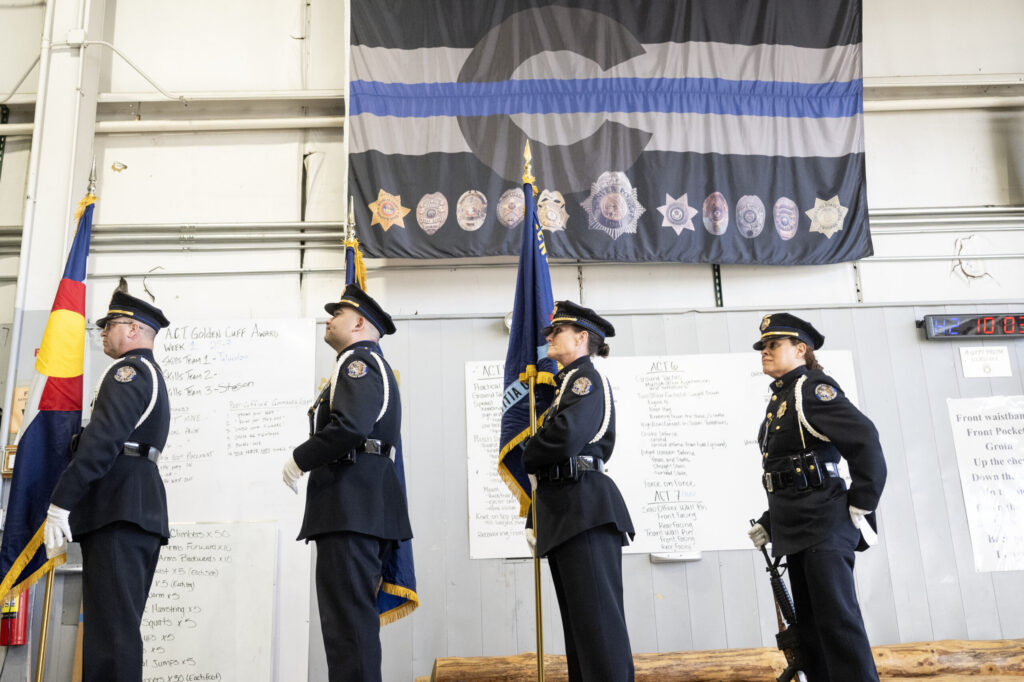EDITORIAL: Springs council cops out on car camping
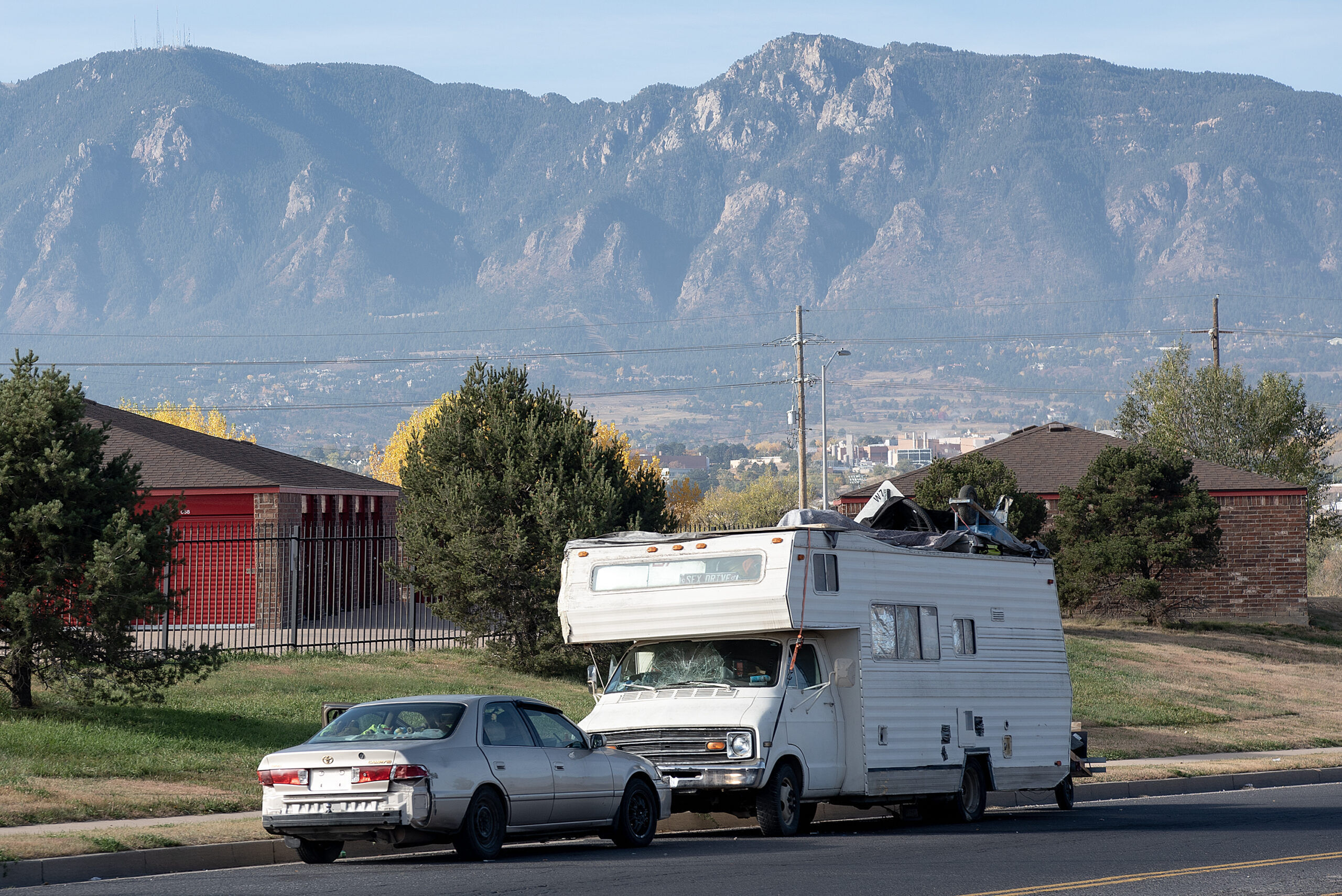
Springs residents only could be disappointed with their City Council’s decision Monday to postpone a measure reining in car camping. A crackdown was warranted.
At issue is a mobile version of the tents and lean-tos that pop up around town in parks, at roadsides and along waterways. In this case, dilapidated RVs and other vehicles serve as street-side campsites — undermining the community’s quality of life as well as local law and order.
The proposed policy, which is now off the table for half-a-year, was a simple and sensible one. It served city residents fed-up with vagrants living adjacent to (or in some cases on) private property or in taxpayer-funded public spaces. The proposal also showed compassion for those living in their vehicles — whatever their reason — by affording a measure of leniency.
A vehicle and its occupants ordered to move by authorities still would have had 24 hours, down from three days under current local law, and the distance for relocation of a vehicle was to be increased from 100 feet to 1,000, which hardly is asking a lot. The penalty would have increased to a maximum fine of $2,500 (from a mere $50 parking citation currently), and up to 189 days in jail and/or probation.
In a commentary published in Thursday’s Gazette, City Councilman Dave Donelson, who proposed the change, contended that if his proposal were put to a public vote, the city’s law-abiding, taxpaying citizens would embrace it. We agree.
For the everyday renters and homeowners making this city and region go ‘round by working hard to enjoy a quality of life rooted in a safe neighborhood and secure home, the ordinance would give them actionable recourse for mobile — often drug-and-crime-related — blight ruining what should be a right: a balanced, orderly community.
“That is what allowing people to live in vehicles on our public streets does,” Donelson writes. “It creates a sense of unease among us all. We see disorder and low-level crime around these vehicles, and the city does nothing about it.”
Mayor Yemi Mobolade agrees, as well, contending it’s wrong for citizens to have to be fearful about their children playing in the front yard or going to the park.
Colorado Springs’ Police chief supports Donelson’s proposal, too, as does the department’s Homeless Outreach Team (HOT). Team members told the council what city residents and visitors can see with their own eyes: 75% of homeless people contacted by HOT refuse help — or even information about the services that can help them. The car campers, like their counterparts in tents, all too often are struggling with drug addiction and mental illness. They are not vehicle-bound due to economic misfortune; they are trapped by their pathologies.
In other words, they need real help quitting their life on the streets — rather than being allowed to languish there.
Unfortunately, the council majority appeared intimidated by a few dozen activists who mustered orchestrated — and misplaced — outrage at Monday’s meeting.
The retreat by Council is unwarranted. It not only turns a deaf ear to public appeals for a cleanup, it also hurts car campers themselves by enabling and incentivizing their self-destructive lifestyle.
Given the popular support, Council has the high ground to show true compassion by serving and safeguarding the property of citizens and taxpayers while also helping campers off the streets and into services they need to get back on their feet.
We strongly urge the council to take the matter up again and enact Donelson’s proposal.









